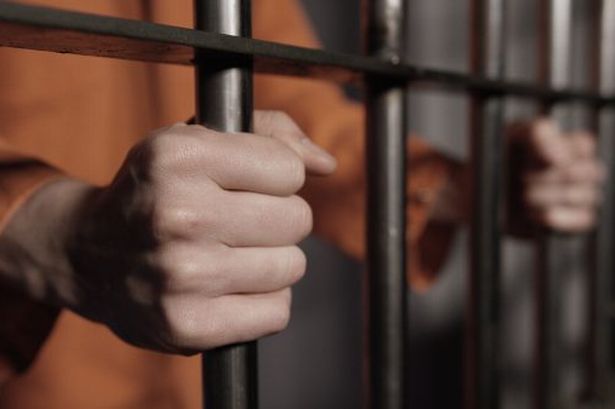How long can the State hold you after being arrested? Well, the answer is 48 hours, but guess what? If they blow past that, the case probably still won’t go away: Consider first the case of County of Riverside v. McLaughlin, 500 U.S. 44 (1991), was a United States Supreme Court case which involved the question of within what period of time must a suspect arrested without a warrant (warrantless arrests) be brought into court to determine if there is probable cause for holding the suspect in custody. The majority held that suspects must generally be granted a probable cause determination within 48 hours.
This decision is based on the Fourth Amendment’s requirement of a prompt judicial determination of probable cause as a prerequisite to extended pretrial detention following a warrantless arrest, as established in Gerstein v. Pugh. The case involved a class action brought by Donald Lee McLaughlin seeking injunctive and declaratory relief under 42 U.S.C. 1983 alleging that the County of Riverside had a policy and practice of failing to provide prompt probable cause determinations. The Supreme Court ultimately held that the 48-hour time limit was a presumptively reasonable period within which to hold a suspect before a probable cause determination must be made.
HOWEVER, AND HERE IS THE KICKER: Probable cause existing at the time of arrest does not dissipate during the time of detention, irrespective of whether the probable cause determination was unreasonably delayed. Koch, 175 Wis.2d at 699, 499 N.W.2d at 160. The appropriate remedy for a Riverside violation may be suppression of evidence that is obtained as a result of the violation — i.e., after the point at which the delay became unreasonable. See id., 175 Wis.2d at 699-700, 499 N.W.2d at 160; see also State v. Smith, 131 Wis.2d 220, 236-240, 388 N.W.2d 601, 608-610 (1986). A Riverside violation, however, is not a jurisdictional defect causing a trial court to lose competency over the case. Therefore, we conclude that dismissal with prejudice or the voiding of a subsequent conviction is not required as the remedy for a Riverside violation unless the delay resulted from a deliberate Riverside violation producing prejudice to the defendant’s ability to prepare a defense. In this case, Golden has not claimed that the delay prejudiced his ability to prepare a defense and, therefore, dismissal is not appropriate.




